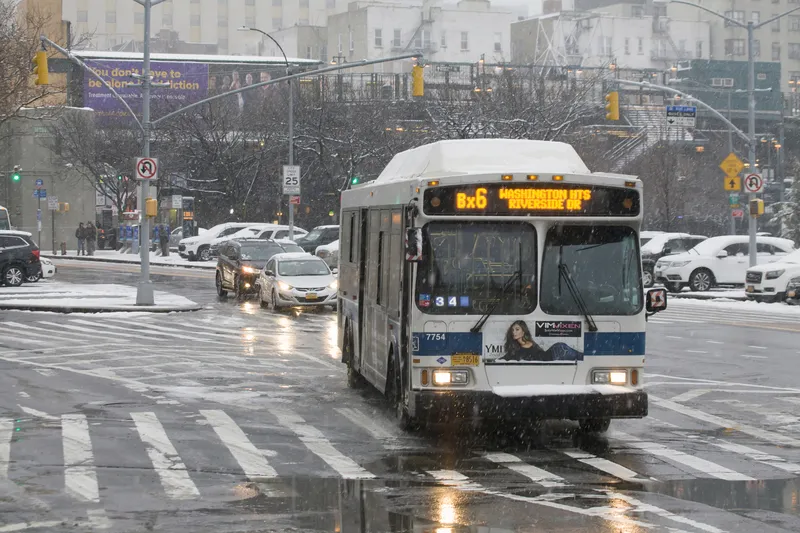A new team of Road and Transport Enforcement Officers is being deployed to key traffic routes across London to crack down on illegal or inconsiderate behaviour and other problems that cause congestion.
The new 40-strong Transport for London (TfL) team, which will rise to 80 by next spring, will help deal with problems such as illegal stopping or unloading of deliveries, which can cause delays to drivers and bus passengers.
It will work closely with the TfL-funded Metropolitan Police Roads and Transpo
November 30, 2015
Read time: 2 mins
A new team of Road and Transport Enforcement Officers is being deployed to key traffic routes across London to crack down on illegal or inconsiderate behaviour and other problems that cause congestion.
The new 40-strong1466 Transport for London (TfL) team, which will rise to 80 by next spring, will help deal with problems such as illegal stopping or unloading of deliveries, which can cause delays to drivers and bus passengers.
It will work closely with the TfL-funded Metropolitan Police Roads and Transport Policing Command and will help to move unlawfully stopped vehicles, issue Penalty Charge Notices to illegally parked vehicles and clear unnecessary or poorly set-up roadworks.
It is the first time that TfL will have its own officers who will have the power to direct traffic around congestion on London's roads. This includes issues such as breakdowns and collisions. They will also access real time information and data and send intelligence back from the street to TfL’s control room.
The ten key locations the team will be deployed are on roads that between them carry 110 different bus routes and are used by half a million bus passengers, in addition to 300,000 car and taxi passenger journeys every day.
The team will be alerted to congestion build ups both through TfL’s network of traffic cameras and through utilising the eyes and ears of the almost 25,000 bus drivers, who are calling in any issues to the TfL control room so that they can be reacted to swiftly and intelligence can be analysed to prevent problems from recurring.
In addition, they will work with businesses along the routes to help improve the way they receive and manage deliveries, giving advice on re-timing or consolidation to reduce the impact of deliveries during peak times.
The new 40-strong
It will work closely with the TfL-funded Metropolitan Police Roads and Transport Policing Command and will help to move unlawfully stopped vehicles, issue Penalty Charge Notices to illegally parked vehicles and clear unnecessary or poorly set-up roadworks.
It is the first time that TfL will have its own officers who will have the power to direct traffic around congestion on London's roads. This includes issues such as breakdowns and collisions. They will also access real time information and data and send intelligence back from the street to TfL’s control room.
The ten key locations the team will be deployed are on roads that between them carry 110 different bus routes and are used by half a million bus passengers, in addition to 300,000 car and taxi passenger journeys every day.
The team will be alerted to congestion build ups both through TfL’s network of traffic cameras and through utilising the eyes and ears of the almost 25,000 bus drivers, who are calling in any issues to the TfL control room so that they can be reacted to swiftly and intelligence can be analysed to prevent problems from recurring.
In addition, they will work with businesses along the routes to help improve the way they receive and manage deliveries, giving advice on re-timing or consolidation to reduce the impact of deliveries during peak times.









